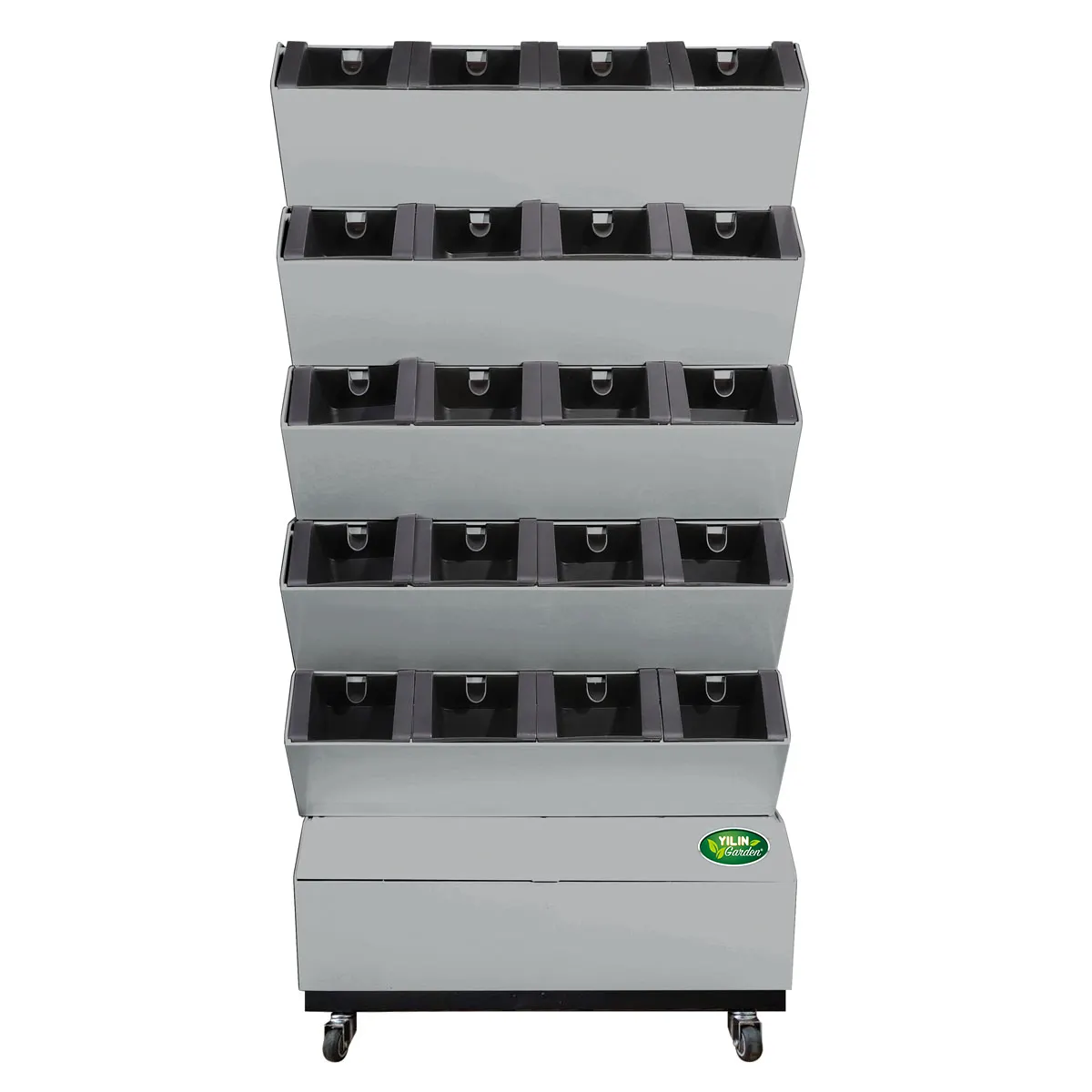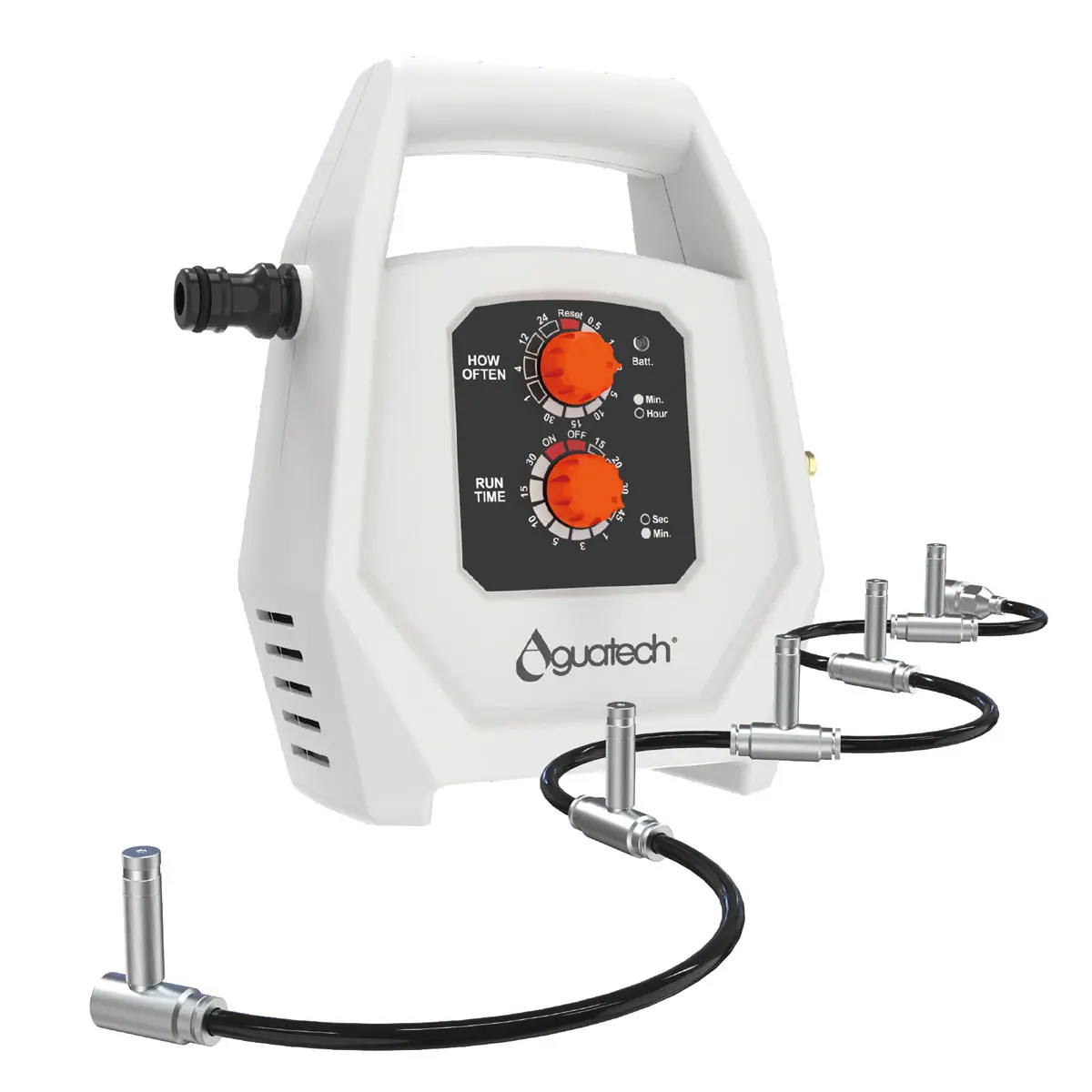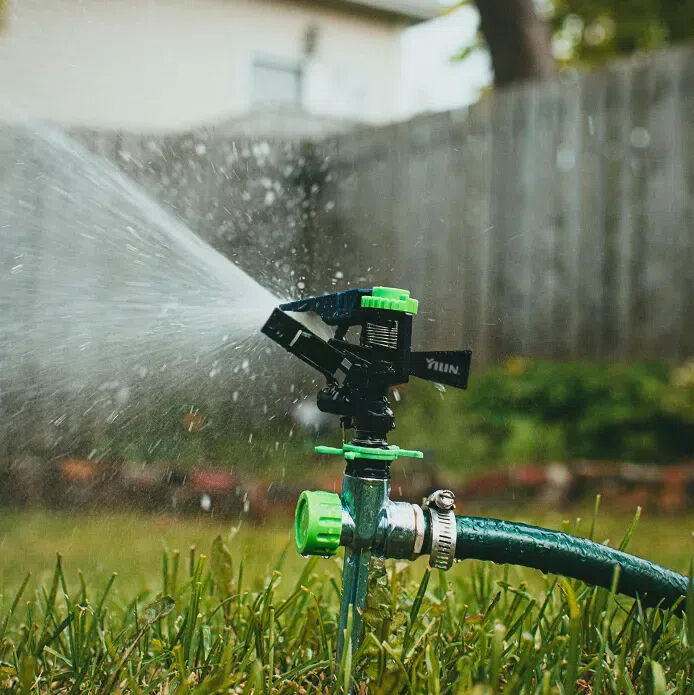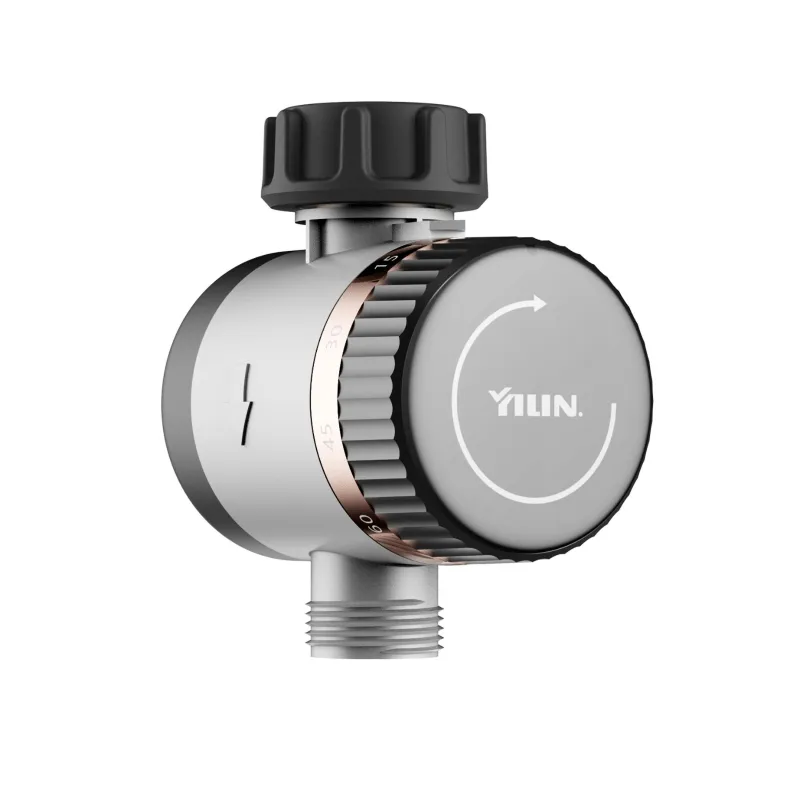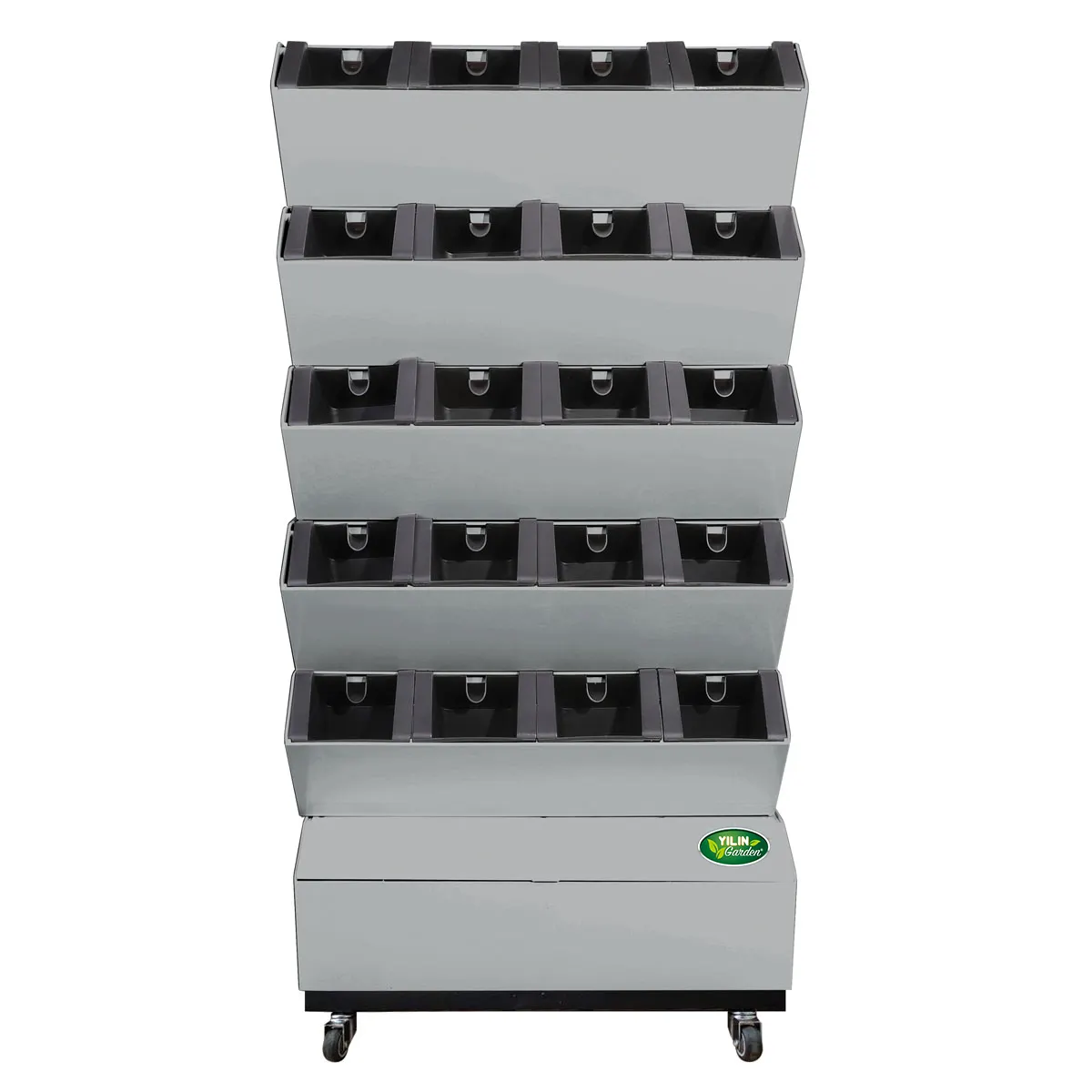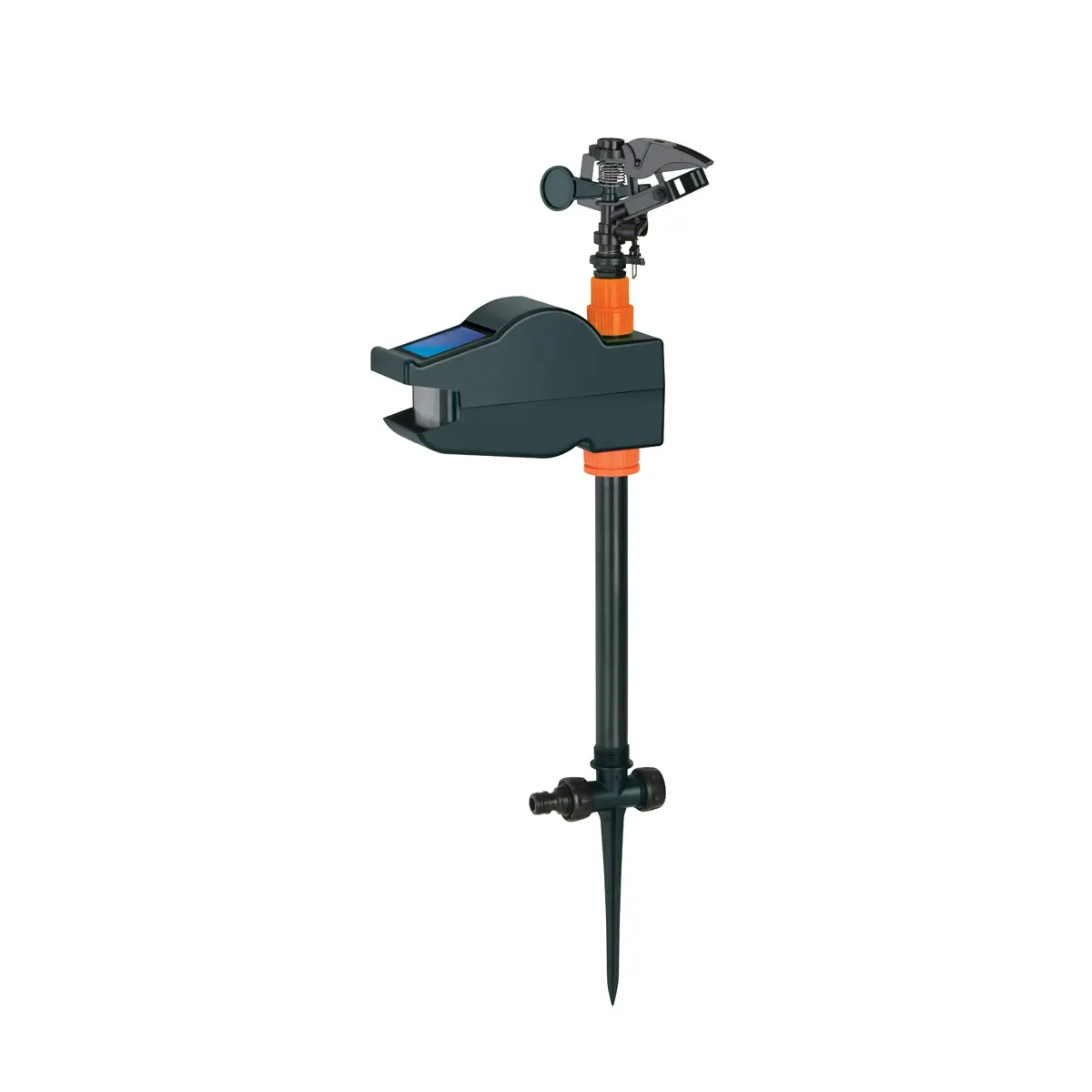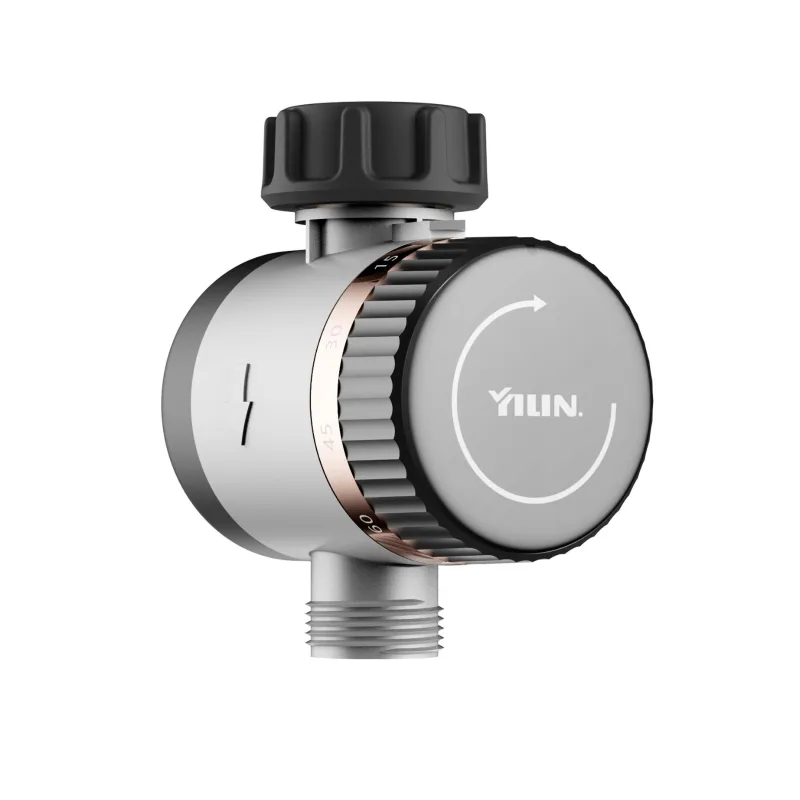vertical gardens irrigation
Vertical gardens irrigation represents a sophisticated solution for maintaining living walls and vertical plant installations. This innovative system combines precision water delivery with smart technology to ensure optimal plant health in vertical spaces. The system typically consists of drip irrigation lines, moisture sensors, automated controllers, and specialized emitters designed specifically for vertical applications. These components work in harmony to deliver water and nutrients directly to plant roots, minimizing waste and maximizing efficiency. The system can be programmed to operate on specific schedules, adjusting water flow based on factors such as plant type, climate conditions, and seasonal changes. Modern vertical irrigation systems often incorporate remote monitoring capabilities, allowing users to manage water distribution through smartphone applications or web-based platforms. The technology adapts to various vertical garden configurations, from simple wall-mounted planters to complex multi-story installations, making it suitable for both indoor and outdoor applications. Whether used in commercial buildings, residential spaces, or public areas, these systems ensure consistent moisture levels while preventing common issues such as water runoff and uneven distribution.





